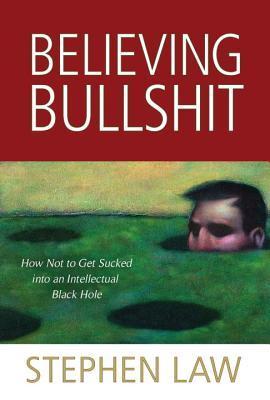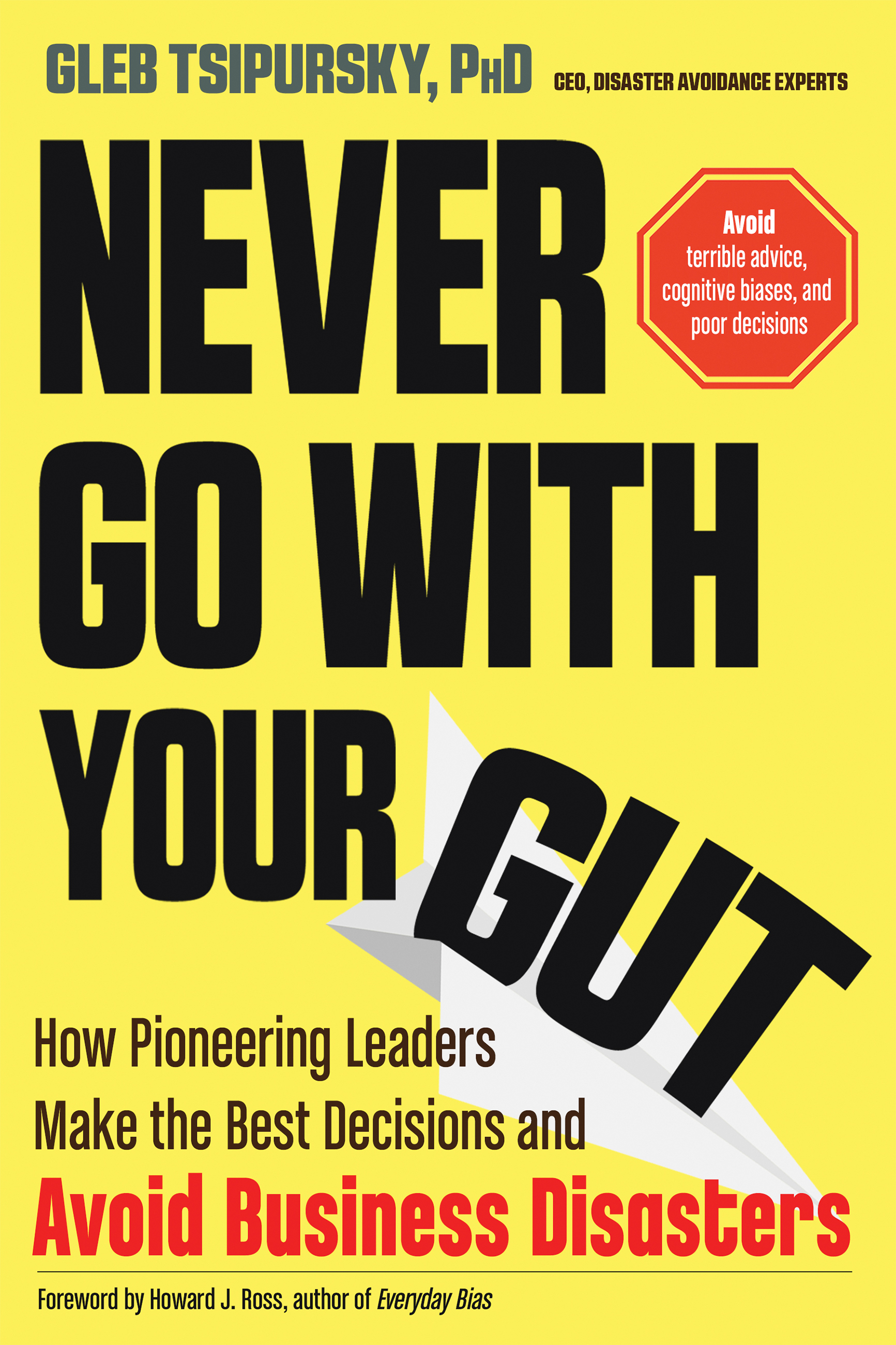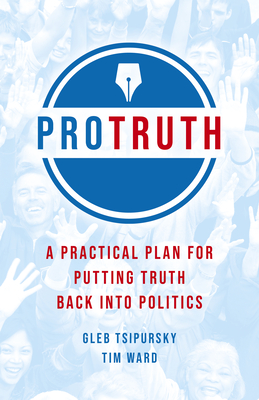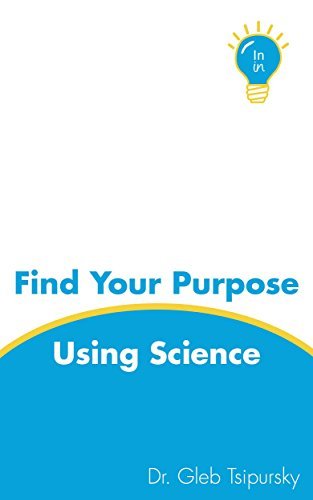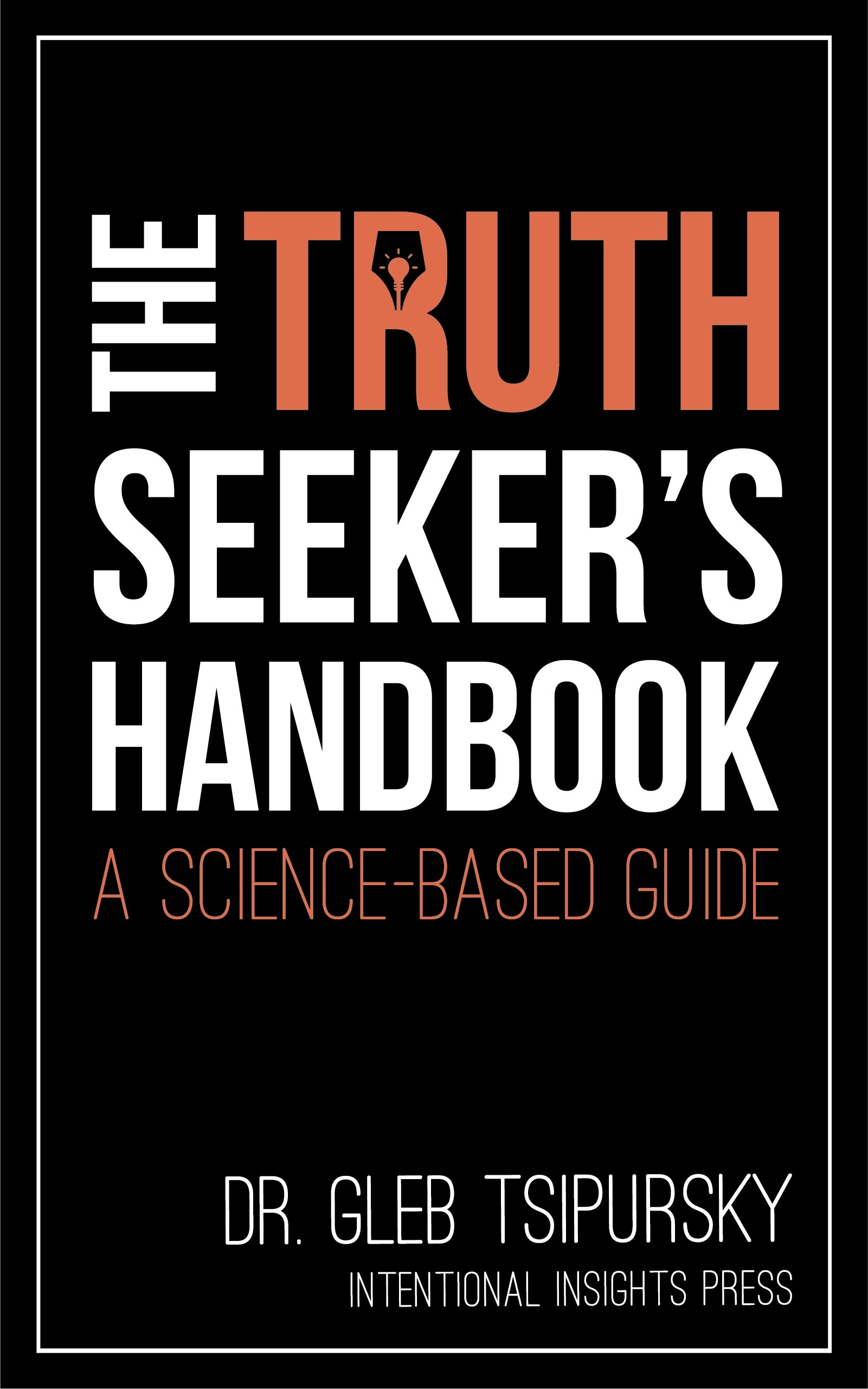
The Truth-Seeker’s Handbook: A Science-Based Guide
Book Description
Uncover the truth in a world drowning in misinformation. "The Truth-Seeker’s Handbook: A Science-Based Guide" by Gleb Tsipursky ignites a thrilling quest to distinguish fact from fiction, armed with revolutionary insights from psychology and behavioral science. This powerful guide reveals the hidden patterns behind deception, equips you with the tools to sharpen your critical thinking, and empowers you to navigate the chaos of the information age. With every page, a revelation awaits—how far will you go to find clarity in confusion? Are you ready to challenge the status quo and unlock the secrets of truth?
Quick Book Summary
The Truth-Seeker’s Handbook: A Science-Based Guide by Gleb Tsipursky is a practical roadmap for those determined to separate fact from fiction in the modern era of misinformation. Drawing on research in psychology, cognitive science, and philosophy, Tsipursky illuminates the mechanisms by which we are deceived—by others and ourselves. He offers actionable strategies to overcome cognitive biases, improve rational thinking, and engage productively with differing viewpoints. The book champions intellectual humility and the continuous questioning of our own beliefs, while providing concrete methods for discerning reliable evidence from falsehoods. Tsipursky not only arms readers against misinformation but also fosters an ethic of truth-seeking necessary for personal growth and a healthier society. This guide is indispensable for anyone who wants to make better decisions, minimize self-deception, and thrive amid the complexities of the information age.
Summary of Key Ideas
Table of Contents
Understanding Cognitive Bias and Self-Deception
Modern society bombards us with more information than ever before, and much of it is unreliable or misleading. Tsipursky opens his handbook by exploring the psychological pitfalls that make humans susceptible to deception. From confirmation bias to motivated reasoning, he describes the traps our minds set, how our emotions shape beliefs, and the subtle ways we fool ourselves. Drawing on current research, he makes the case that understanding our mental shortcuts is the essential first step toward seeking truth.
Developing Critical Thinking and Rational Skepticism
To counter these automatic errors in thinking, Tsipursky advocates developing critical thinking skills rooted in scientific skepticism. He shares practical tools for questioning evidence, evaluating arguments, and systematically challenging assumptions. Clear emphasis is placed on adopting a probabilistic mindset—recognizing uncertainty and resisting the urge for unwarranted certainty. These skills empower readers to analyze claims more objectively, consider alternative perspectives, and spot flaws in reasoning.
Navigating Misinformation and Disinformation
The book next addresses the pervasiveness of misinformation, from social media fabrications to political spin. Tsipursky details how deceptive content spreads, the psychological factors that fuel its virality, and the subtle influence of tribalism. He provides guidance on fact-checking, source evaluation, and protecting oneself from manipulation. Readers are encouraged to adopt proven digital literacy habits, such as lateral reading and triangulation, to sift truth from lies amid the noise of the internet.
Productive Truth-Seeking Conversations
Recognizing that truth is not only a private pursuit, Tsipursky dedicates a section to navigating disagreements and fostering meaningful dialogues. He demonstrates how to engage others with empathy, intellectual humility, and a shared commitment to discovering what is real—rather than simply winning arguments. Techniques for de-escalating conflict and managing defensiveness help turn debates into collaborative truth-seeking conversations, whether online or in person.
Building a Truth-Oriented Personal and Social Ethic
In his conclusion, Tsipursky extends the practice of truth-seeking from the individual to the collective. He contends that cultivating a personal and social ethic focused on honesty, accountability, and openness is essential for democracy and well-being. With actionable advice on creating environments that reward truth-telling and discourage falsehoods, the book empowers readers to be agents of change—both in their own lives and in their communities. The Truth-Seeker’s Handbook ultimately offers a blueprint for resilience, clarity, and genuine understanding in an age rife with confusion.
Download This Summary
Get a free PDF of this summary instantly — no email required.
